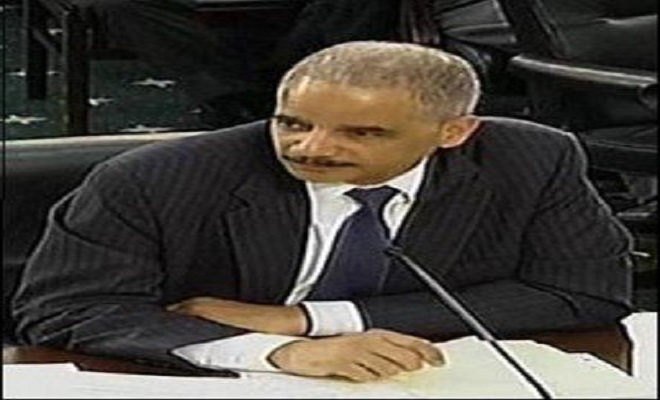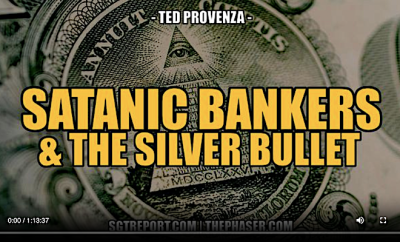 Global Research
Global Research
Economy
Eric Holder Exits Without Bringing Libor or Foreign Exchange Charges Against Citigroup or JPMorgan
by Pam Martens and Russ Martens, Global Research.ca:
U.S. Attorney General Eric Holder Testifying on High Frequency Trading Before the House Appropriations Committee on April 4, 2014
Americans have been reading about Citigroup’s and JPMorgan’s roles in rigging the Libor interest rate benchmark for so many years that it’s a sure bet most folks think the U.S. Department of Justice has already fined and settled charges against these two banks. The truth of the matter is that despite seven years of probing these two banks’ involvement, the U.S. Justice Department has yet to lay one hand on either Citigroup or JPMorgan for their role in the Libor cartel.
Libor is an interest rate benchmark used to set rates for trillions of dollars in consumer loans, swaps and interest rate contracts around the world. Banks having inside information on where Libor rates will set can make massive profits.
The appearance of a home court advantage for these two U.S. banks comes in the wake of a guilty plea extracted yesterday by the U.S. Justice Department against a subsidiary of the German bank, Deutsche Bank. The bank itself also agreed to a 3-year deferred prosecution agreement with the Justice Department for its role in manipulating Libor and participating in a price-fixing conspiracy by rigging Yen Libor with other banks. Deutsche Bank and its subsidiary will pay $775 million in criminal penalties to the Justice Department. Total penalties levied on Deutsche Bank yesterday by U.S. and U.K. regulators was $2.5 billion.
Back in 2012, Stephen Gandel reported for Fortune Magazine on academic studies suggesting that Citigroup was the biggest Libor cheater of all. According to documents released in 2012, a trader named Tom Hayes, who worked at Citigroup from December 2009 through September 2010 after leaving UBS, was deeply involved in the Libor rigging. In a Bloomberg terminal electronic chat on May 12, 2010, while employed at Citigroup, Hayes stated to a trader at his former firm, UBS: “libors are going down tonight.” The UBS trader asked: “why you think so?” Hayes responded: “because i am going to put some pressure on people.”
The Canadian Competition Bureau produced an affidavit as far back as 2011 implicating JPMorgan and Citigroup. According to the prosecutors’ affidavit, a trader “had communications with two IRD [interest rate derivatives] traders at JPMorgan regarding its Yen Libor submissions. Trader A communicated his trading positions, his desire for a certain movement in Yen Libor and gave instructions for them to get JPMorgan to make Yen Libor submissions consistent with his wishes. Trader A also asked if the IRD traders at JPMorgan required certain Yen Libor submissions to aid their trading positions. The JPMorgan IRD traders acknowledged these requests and said they would act on them. On another occasion one of the JPMorgan IRD traders asked Trader A for a certain Yen Libor submission, which Trader A agreed to help with. Trader A admitted to an IRD Trader at RBS that he colluded with IRD traders at JPMorgan.”
The affidavit provides two names of traders at JPMorgan that prosecutors believe were involved in the rigging. Similar allegations are listed in the affidavit for Citigroup/Citibank.
According to Congressional testimony by Gary Gensler, former Chair of the Commodity Futures Trading Commission (CFTC), his agency opened its Libor investigation in April 2008 and the Justice Department commenced their own investigation in 2010. That’s five years of looking at Citigroup and JPMorgan without the Justice Department bringing charges.
Read More @ Global Research.ca












